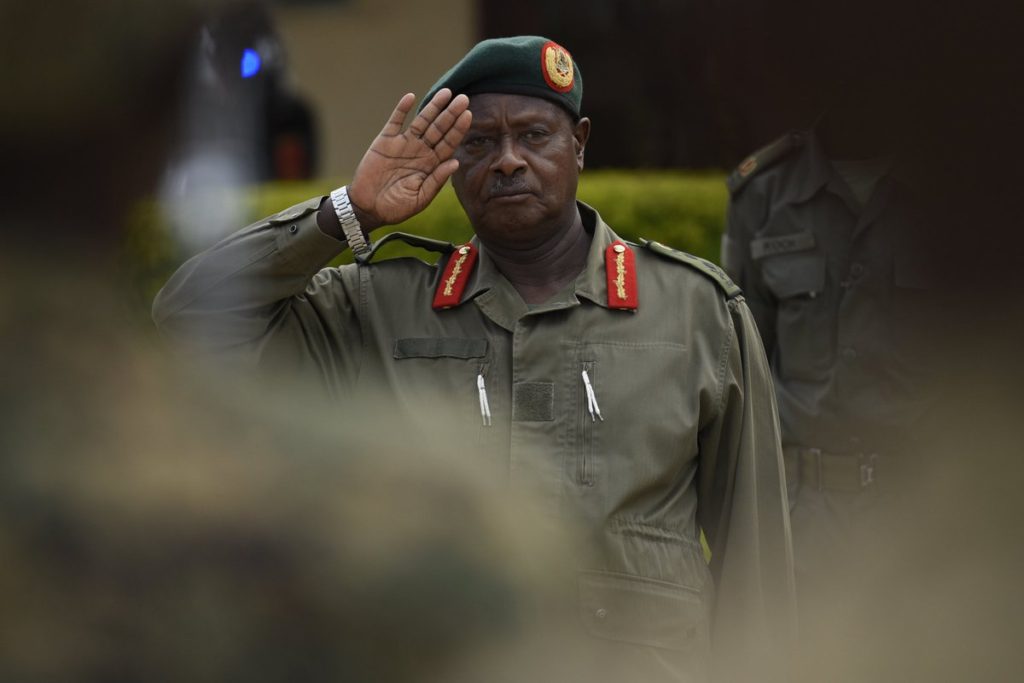
For Africa to combat the threat of transnational terrorism on the continent, it must employ a multi-dimensional approach, President Museveni has said.
Speaking at the Peace and Security Council Meeting in Addis Ababa, Ethiopia last evening (Saturday), President Museveni said the approach had to address issues of ideological disorientation, employ the right anti-terrorism strategy, use appropriate equipment, enforce cooperation and fix the poverty question.
The Peace and Security Council (PSC) meeting is one of the high-level engagements that preceded the official opening of the 30th African Union Heads of State Summit today (Sunday). Egypt is the current chair of the PSC, whose meeting theme was “Towards a Comprehensive Approach to Combat Transnational Threat of Terrorism in Africa”.
Making his remarks, President Museveni said: “One point that must be emphasized is using ideology to stop radicalization. Terrorists get wrong ideas based on identity either of religion or tribe. This wrong ideology leads to wrong politics which in turn leads to insecurity and terrorism.”
President Museveni added that the strategy employed in combating terrorism is critical.
“When fighting terrorism we should remember that they do not fight conventional wars. Terrorists use irregular tactics and go for soft targets,” he said. “How then do we protect these soft targets; the innocent people in villages, churches, etc.? We must look at this angle.”
He also told the meeting that it was important to look at the technical issues like tracking suspects and employing appropriate technology and equipment, enforcing cooperation among states, especially on intelligence gathering and sharing but importantly work to get Africans out of poverty, which lures, especially the young people into terrorism.
“How do we ensure economic development? How do we end poverty and develop our people? We must address all these. It must be a multi-dimensional approach,” said President Museveni.
Speaking at the same meeting, Guinean President Alpha Konde, who is the current president of the Africa Union, challenged his fellow leaders to ensure coordination in the fight against terrorism to ensure peace on the continent.
“Terrorism affects the development of our people. The success in combating terrorism therefore gives hope to our people,” he said.
The UN Secretary General, Antonio Guterres, told the gathering that four key priorities had to be considered if the fight against terrorism was to be victorious.
He listed the four as; addressing the deficit in cooperation in the anti-terrorism fight, ratification of legal anti-terrorism protocols and treaties, addressing the drivers of terrorism like poverty and exclusion and also give a special focus on creating opportunities for young people.
The conference generally agreed that the fight against terrorism is a shared responsibility while noting that the vice has taken a new twist of greater involvement of women and children. It was also noted that the Internet had become a big driver of terrorism and recommended monitoring its use.
